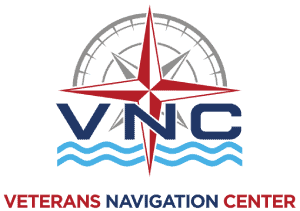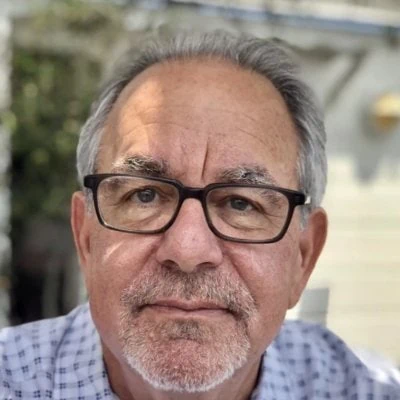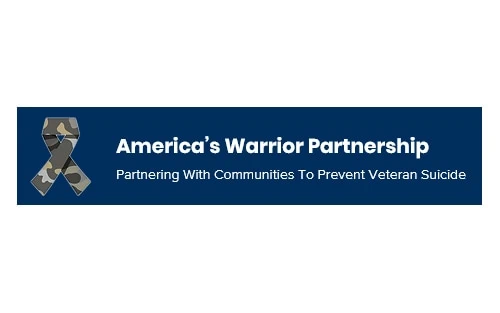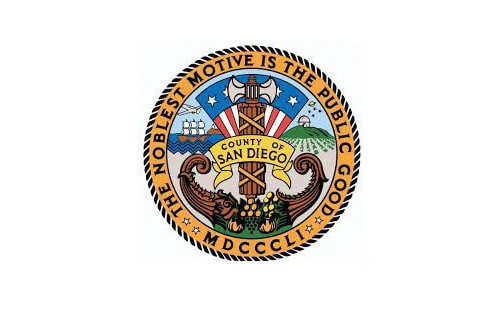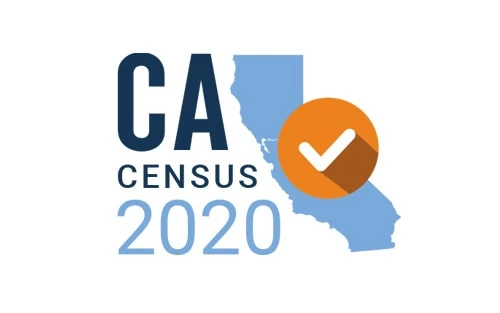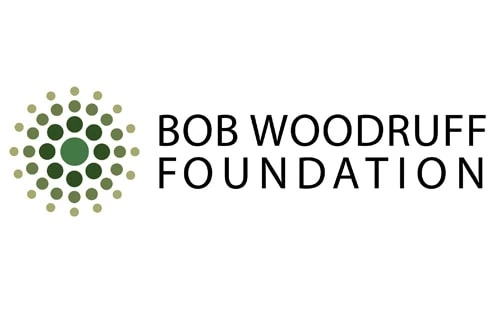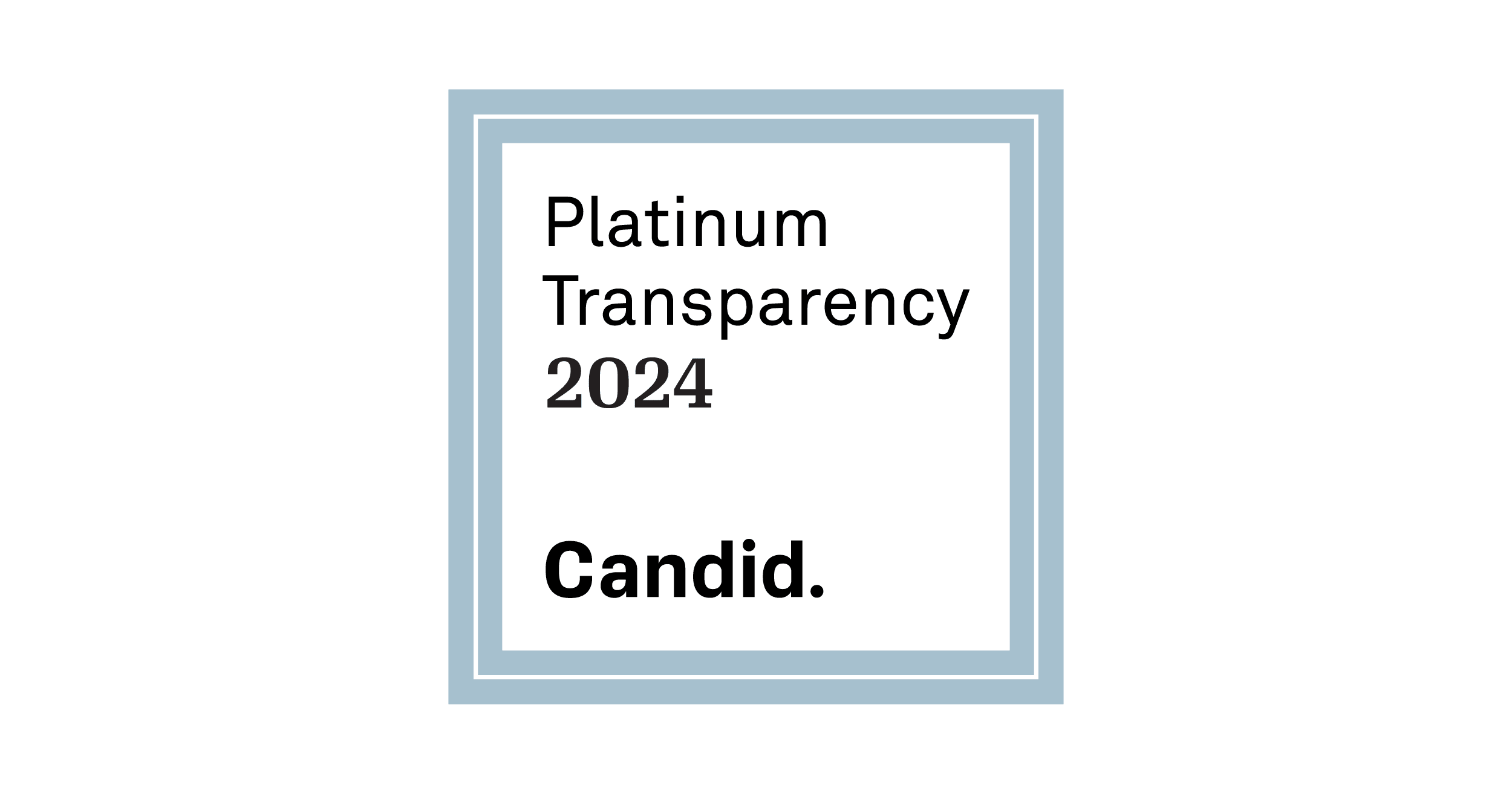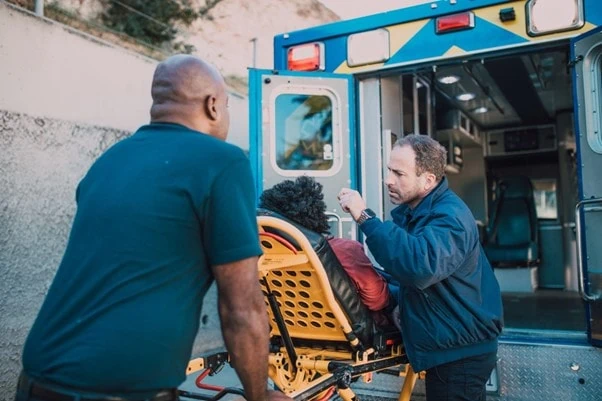
The Veterans Navigation Center Serves First Responders
Veterans and first responders have a lot in common. Approximately 10% of EMTs, 19% of firefighters, and 25% of police officers are Veterans. Considering only 6% of the population has served, that number is astounding.
It’s easy to guess why Veterans are drawn to these jobs when they’re ready to rejoin civilian life. For many, these jobs, with the high stakes and brotherhood, are the closest occupations to what they’re used to.
That means 54% of first responders know what they’re signing up for, while 46% are about to learn the hard way.
PTSD is common in both Veterans and first responders.
According to one Psychiatric Times article, around 30% of first responders suffer from mental health issues like depression and PTSD. They’re also at a higher risk of suicide than the general population.
Veterans are more likely to suffer from PTSD than the general population, and in 2020, an average of 16 Veterans died by suicide each day.
For this reason, the Veterans Navigation Center in San Diego extends its services to first responders as well as military Veterans.
The VNC offers the following services to first responders.
The United States Department of Veteran Affairs (better known as the VA) provides care for our Veterans. Often, the VNC helps coordinate benefits and care, acting as a go-between for the Veteran and VA while offering supplemental support.
Unless the first responder is a Veteran, they can’t utilize the VA. So, what’s the alternative? Some charities and organizations, like the Gary Sinise Foundation, help first responders with essential equipment, emergency relief, and training grants.
But there’s a distinct lack of emphasis on mental health.
At the Veterans Navigation Center, we help first responders with mental health counseling, family and marriage counseling, and substance use treatment.
First responders see and experience horrible things so the rest of us don’t have to. As a result, they’re often, understandably, at a loss for how to cope. They shut out partners, lash out at family members, spiral emotionally, or attempt to self-medicate. It’s also possible for a first responder to get injured on the job and become addicted to pain meds.
The VNC is a safe space where case managers understand what first responders are going through and want to help. Many, like Operations Manager Jay Wylie, know from experience that there is a light at the end of the tunnel. Consider the Veterans Navigation Center your train ride through that tunnel.
If you aren’t a first responder, but this article has you thinking about someone in your life, please call us on their behalf. Our trained counselors can walk you through an intervention and determine the best way to get your loved one the help they need.
The Veterans Navigation Center in San Diego wants to help our Veterans and first responders. All you have to do is call us at (858) 567-9191 or send us an email, and we’ll be here for you.
(c) 2023 Veterans Navigation Center. All Rights Reserved.
